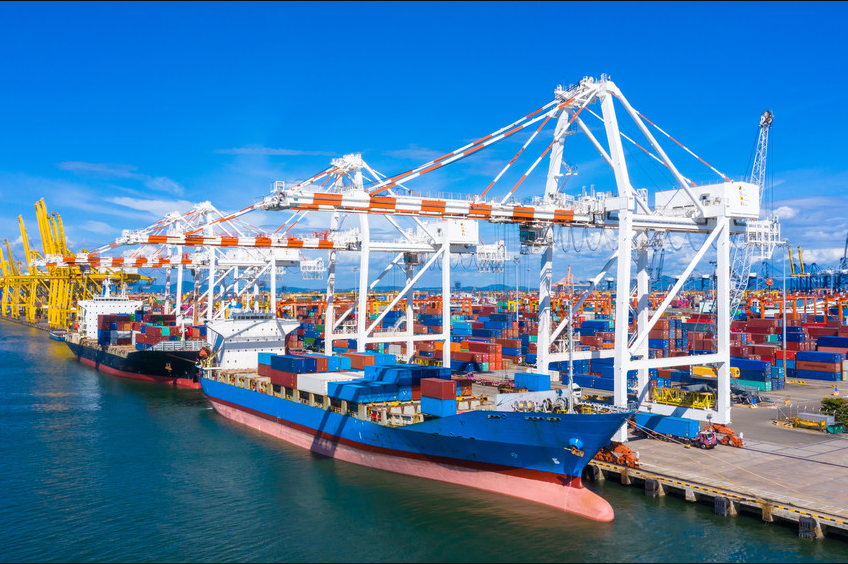As the world becomes more aware of the harmful impact of plastic products on the environment, the demand for alternative and environmentally friendly materials has skyrocketed. One industry that has experienced significant growth is the export shipment of biodegradable cutlery.
This article provides an in-depth look at the current status of export shipments of compostable cutlery, highlighting its growth, challenges, and future prospects.The rise of eco-conscious consumerism Eco-conscious consumerism has played a key role in driving the demand for biodegradable tableware.
In response to growing concerns about plastic pollution and the need for more sustainable alternatives, consumers have embraced biodegradable tableware as a viable solution. From bagasse-made plates and bowls to compostable cutlery, these eco-friendly products offer significant advantages over traditional plastic products.
This shift in consumer preferences has led to a surge in production, which has subsequently boosted the export shipments of biodegradable cutlery. Manufacturers are increasingly looking to capitalize on rising international demand as many countries implement bans on single-use plastics.Export Freight Trends and Growth In recent years, the export of biodegradable tableware has grown significantly.
According to industry reports, the biodegradable tableware market is expected to grow at an annual rate of over 5% between 2021 and 2026. This growth is primarily driven by the increasing adoption of environmentally friendly practices in both developed and developing countries. China remains at the forefront of the industry and is the world's largest exporter of biodegradable tableware.
The country's production capacity, cost competitiveness, and large-scale manufacturing infrastructure enable it to dominate the market. However, other countries including India, Vietnam, and Thailand have also emerged as major players, benefiting from their proximity to sources of raw materials and relatively low labor costs.challenges and opportunities Although the export freight industry of biodegradable tableware has great potential, it also faces some challenges.
One of the challenges is the costs associated with switching from traditional plastic tableware manufacturing to biodegradable alternatives. The production of compostable tableware often requires expensive machinery and specialized equipment, which may deter some manufacturers from entering the market. Market saturation is another issue. As more companies join the industry, competition intensifies, potentially leading to oversupply and price wars.


Therefore, manufacturers must differentiate their products through innovation, design, and marketing strategies to maintain a competitive advantage. Logistical challenges including shipping and packaging can also have a major impact on the export freight industry. Biodegradable tableware is often bulkier and less durable than traditional plastic alternatives, which complicates packaging and shipping. However, we are exploring innovative solutions such as efficient packaging techniques and optimized shipping routes to meet these challenges.Future Outlook and Sustainable Practices The outlook for the biodegradable tableware export freight industry remains bright.
As governments and international organizations continue to emphasize the importance of sustainable development, the demand for eco-friendly products is expected to surge further. Additionally, rising consumer awareness regarding the environmental impact of single-use plastics will continue to drive the adoption of biodegradable tableware. To sustain this growth, manufacturers are investing in R&D to improve the durability and functionality of biodegradable tableware. Innovations in materials science and technology have enabled biodegradable products to match or even exceed the performance characteristics of traditional plastic tableware.
Additionally, sustainable practices, such as the use of renewable energy in manufacturing and optimizing supply chains, are gaining traction. These initiatives not only reduce the carbon footprint of the export freight industry, but also meet the growing expectations of environmentally conscious consumers.
In conclusion In response to global environmental concerns and changing consumer preferences, the export freight industry for biodegradable cutlery is undergoing a paradigm shift.
Growing demand for eco-friendly alternatives coupled with increasing government regulation on single-use plastics is driving the industry. While challenges such as production costs and logistical complexities remain, the future of the industry looks promising. Through sustainable practices, innovation, and commitment to environmental stewardship, the degradable tableware export freight industry is expected to continue to expand.
You Can Contact Us:Contact Us - MVI ECOPACK Co., Ltd.
E-mail:orders@mvi-ecopack.com
Phone:+86 0771-3182966
Post time: Aug-04-2023










